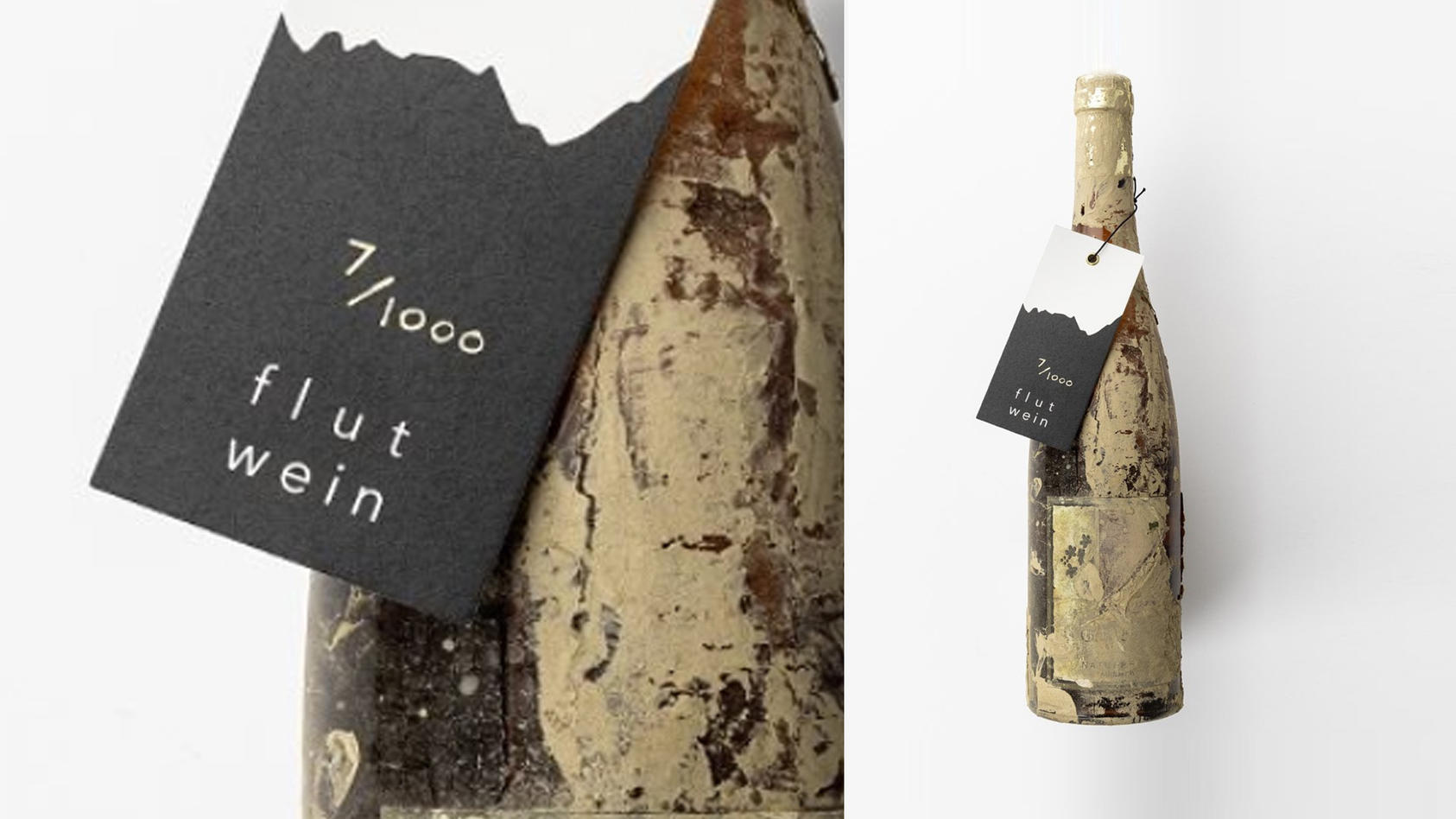On the morning of July 15, Peter Kriechel awakened to discover a dozen shattered automobiles stacked up in his garden and the streets of Ahrweiler, once attractive, swamped in muddy debris. Hulking wooden barrels floated in the thousands of gallons of oily sludge that flooded the basement at his family’s adjacent winery, which has been producing riesling and pinot noir varieties for almost 500 years.
The Ahr and neighboring rivers had erupted into roaring floods after days of excessive rain, ripping through tiny villages in western Germany, killing over 100 people and damaging houses, bridges, and vineyards. The government believes that the cost of the damage will be in the region of €5 billion ($6 billion).
Kriechel claims he lost €4 million in losses, ranging from twisted equipment to €50,000 in broken wine glasses.
In addition to the crushed bottles, there were many more with mud-caked labels that were essentially unsellable.
“We’re beginning from scratch,” Kriechel adds, lifting his voice above the thrumming of the pumps that are still emptying his cellar of goop. “I’m not sure I truly comprehend what happened to us that night.” As the residents of Ahrweiler began to dig their way out of the quagmire, Kriechel received a phone from a friend, Daniel Koller, who informed him that the vintner wasn’t alone.
Thousands of mud-caked bottles of wine piled up in local wineries and restaurants, their labels irreversibly ruined but their precious contents intact. The two reasoned that cleaning the bottles and altering the labels would obliterate the story they told, so why not sell them as antiques to raise money instead?
Flutwein (flood wine) was born in a matter of days. Koller realized he had to act quickly to get the project off the ground, especially since pictures of death and destruction were still vivid in the public’s consciousness. He reserved the brand Flutwein’s rights, then secluded himself in his room and created a website and crowdfunding platform.
A average bottle of flood wine costs around €30, compared to the €10 to €14 most vineyards in the area charge, and the venture has raised over €4.5 million, making it Germany’s largest ever crowdfunding effort.
The bottles, each labeled “Our Worst Vintage,” are unsightly, but the 50 participating vintners guarantee that the contents are undamaged.
Because purchasers cannot select the varietal or vineyard, they all offer a sense of surprise. It’s a bittersweet turn of events for an industry that has struggled to keep up with demand for most of the past year. Stocking the wine cellar and sipping on the couch became a global hobby as people were stranded at home with restaurants and pubs closed.
The money raised will go to a foundation dedicated to reviving the region’s wine and tourism industries. Flood wine has given the region a psychological boost—and helped put it on the map—despite the fact that the money earned is a drop in the bucket for the participating vintners.
Koller says, “The Ahr area has become famous for its disastrous flooding.”
“We want to make it known for its wine even more.”

